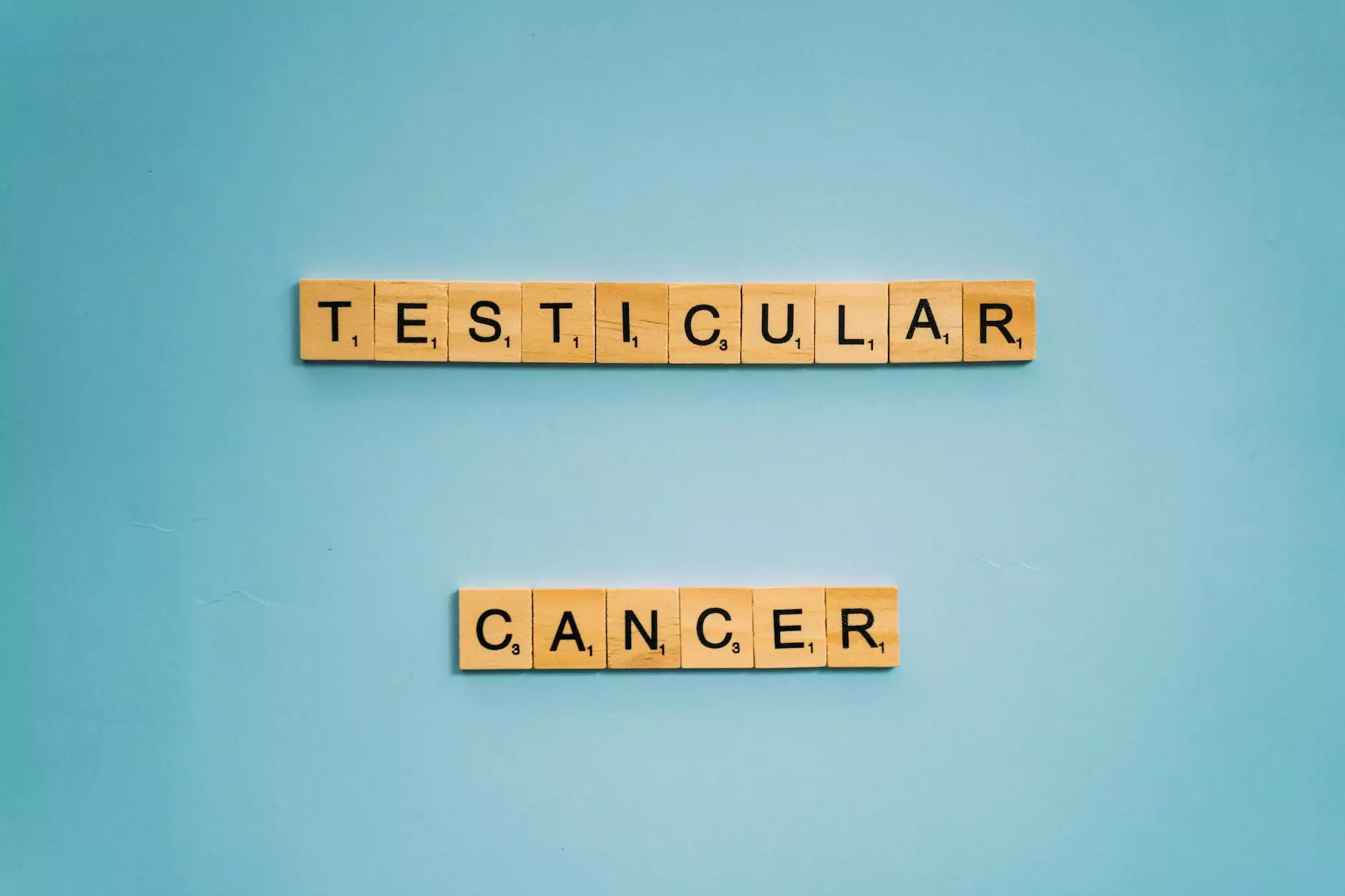What's The Difference Between Prostate And Testicular Cancer
About Summit Cancer
Welcome to Sibel Blau, your trusted source of information on various health topics. In this article, we will discuss the essential differences between prostate cancer and testicular cancer. It is crucial to understand these two types of cancer to ensure early detection, proper diagnosis, and effective treatment.
Prostate Cancer
Prostate cancer primarily affects the prostate gland, a small walnut-shaped gland that produces seminal fluid. It is the most common cancer among men, with over 1 million new cases diagnosed each year worldwide. Prostate cancer typically develops slowly, and early-stage cases may not show any symptoms at all.
Key risk factors for prostate cancer include age, family history, and race. Men over the age of 50 are at a higher risk, and having a father, brother, or uncle with prostate cancer increases the likelihood of developing the disease. African American men are more susceptible to prostate cancer compared to other ethnic groups.
The symptoms of prostate cancer often appear in the later stages and may include frequent urination, blood in the urine or semen, difficulty in achieving or maintaining an erection, and bone pain. However, these symptoms can also indicate other health conditions, so it is important to consult with a healthcare professional for a proper diagnosis.
Diagnosis of prostate cancer typically involves a combination of digital rectal examination (DRE), prostate-specific antigen (PSA) blood test, and imaging tests like MRI or ultrasound. If prostate cancer is suspected, a biopsy may be conducted to confirm the diagnosis.
The treatment options for prostate cancer depend on various factors, including the stage of cancer, overall health, and personal preferences. Treatment approaches may include active surveillance, surgery, radiation therapy, hormone therapy, or chemotherapy. Your healthcare provider will work with you to determine the most suitable treatment plan.
Testicular Cancer
Testicular cancer, on the other hand, develops in the testicles, the male reproductive organs responsible for producing sperm and testosterone. It is relatively rare compared to prostate cancer but affects younger men, with the most common age group being 15 to 35 years old.
Unlike prostate cancer, testicular cancer often presents noticeable symptoms. These may include a lump or swelling in the testicles, pain or discomfort in the testicles or scrotum, a feeling of heaviness in the scrotum, and back pain. It is important to note that these symptoms can also indicate other benign conditions, such as testicular torsion or epididymitis.
While the exact causes of testicular cancer are not well understood, certain risk factors have been identified. These include undescended testicles, family history of testicular cancer, personal history of testicular cancer, and abnormal testicular development.
Diagnosing testicular cancer often involves a physical examination, blood tests, and imaging tests such as ultrasound or CT scan. If a tumor is suspected, a biopsy may be performed to confirm the diagnosis.
The treatment options for testicular cancer depend on the stage and type of cancer, as well as the individual's overall health. Standard treatment usually involves surgery to remove the affected testicle (known as radical inguinal orchiectomy), followed by surveillance, radiation therapy, or chemotherapy if necessary. In some cases, additional surgery or stem cell transplant may be required.
Conclusion
In summary, while prostate cancer primarily affects the prostate gland and is more common among older men, testicular cancer develops in the testicles and is more prevalent in younger males. Understanding the key differences between these two types of cancer is essential for early detection and effective treatment.
Remember, if you experience any concerning symptoms or have a family history of cancer, it is important to consult with a healthcare professional. Regular check-ups, self-exams, and awareness of your body can go a long way in detecting and managing cancer.
At Sibel Blau, we are dedicated to providing comprehensive information on various health topics, including cancer. Stay informed, stay proactive, and prioritize your health.










